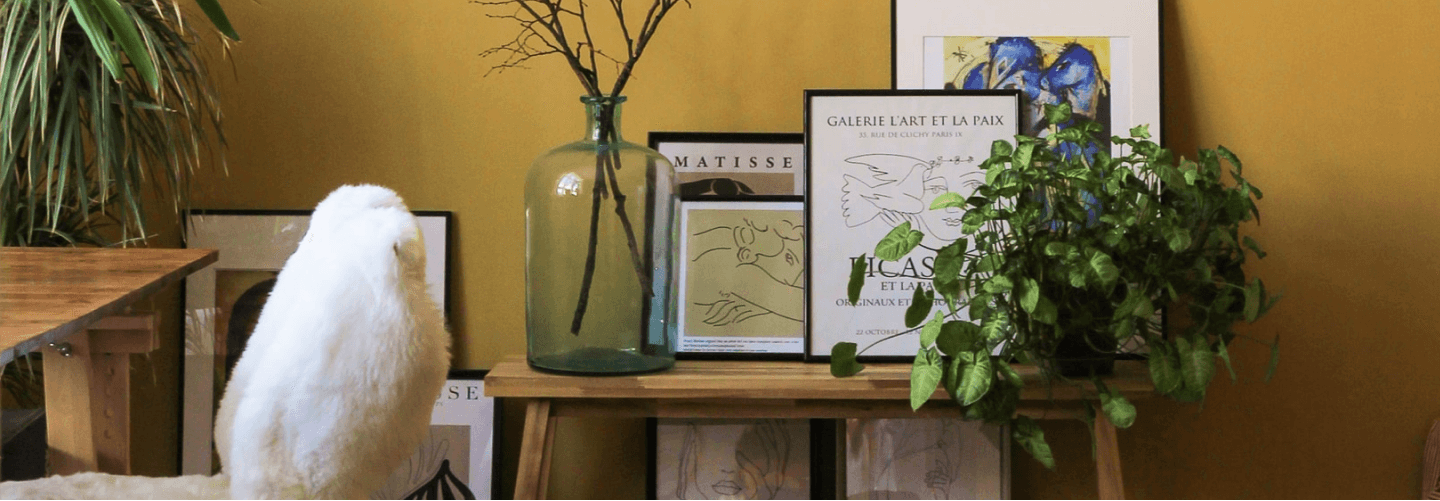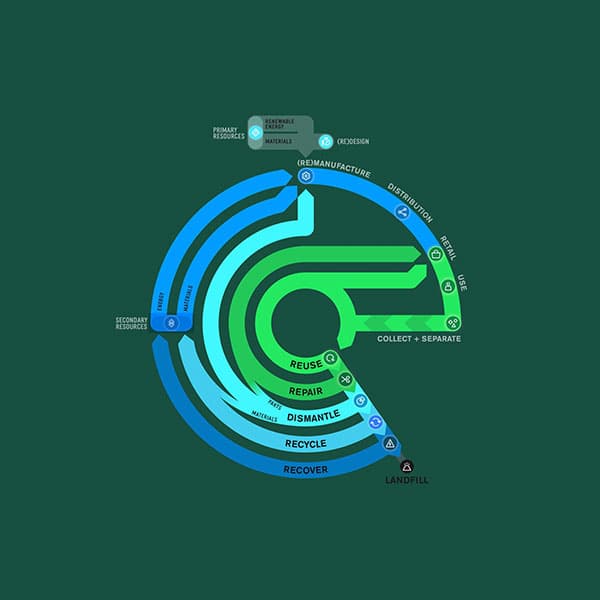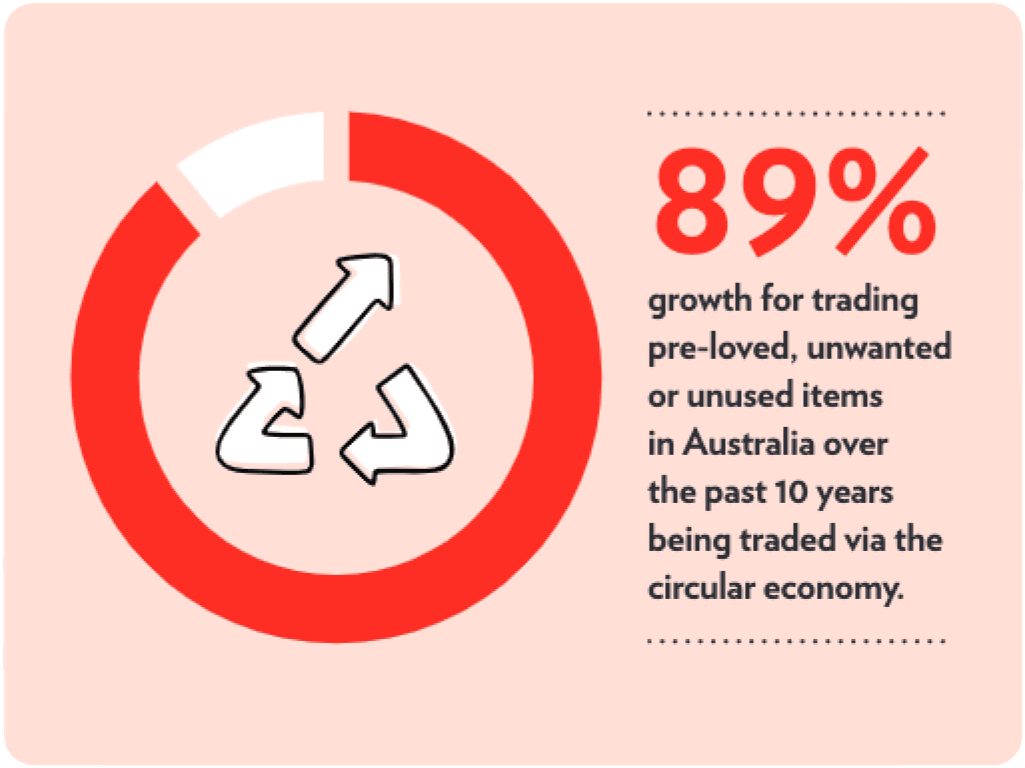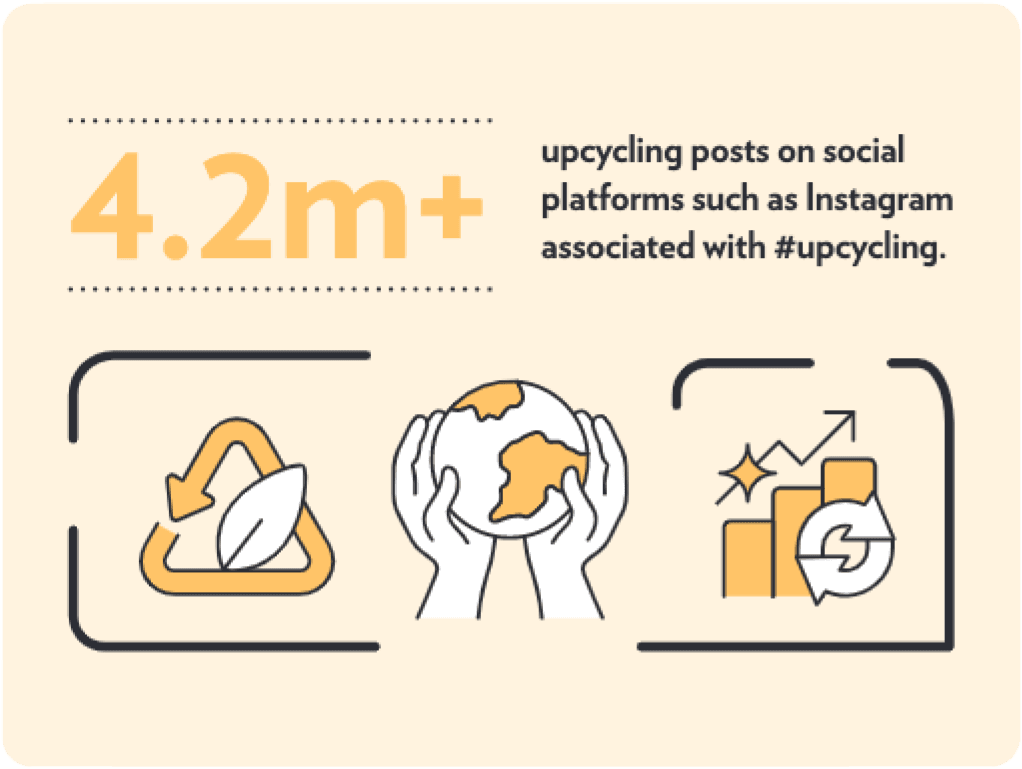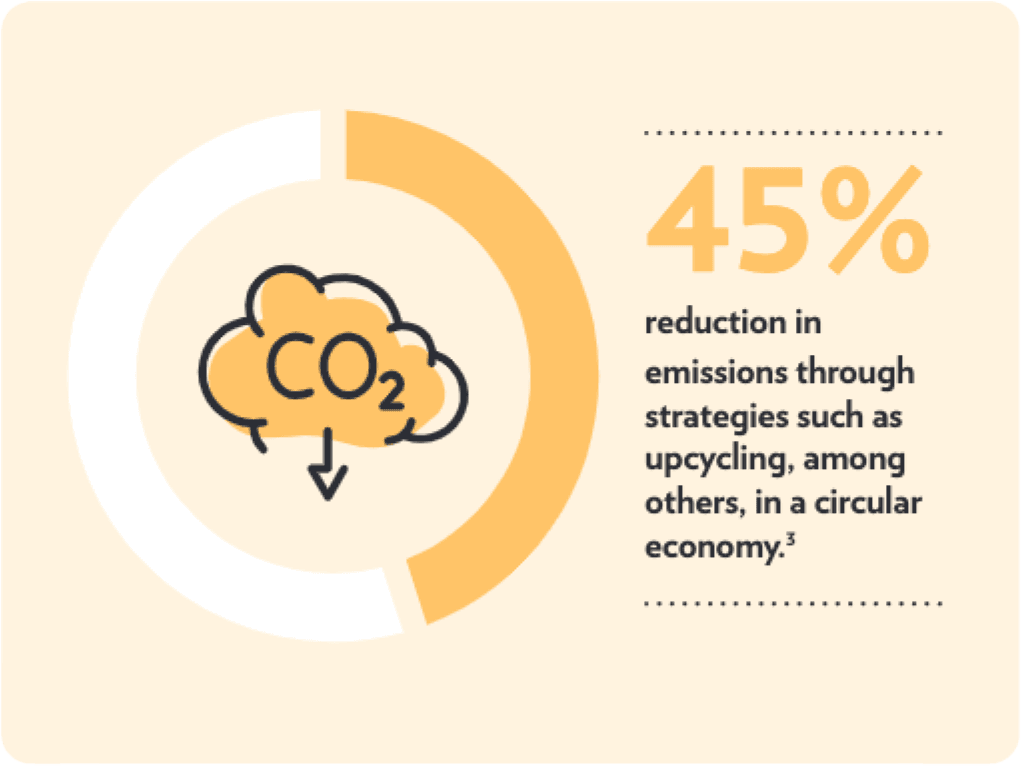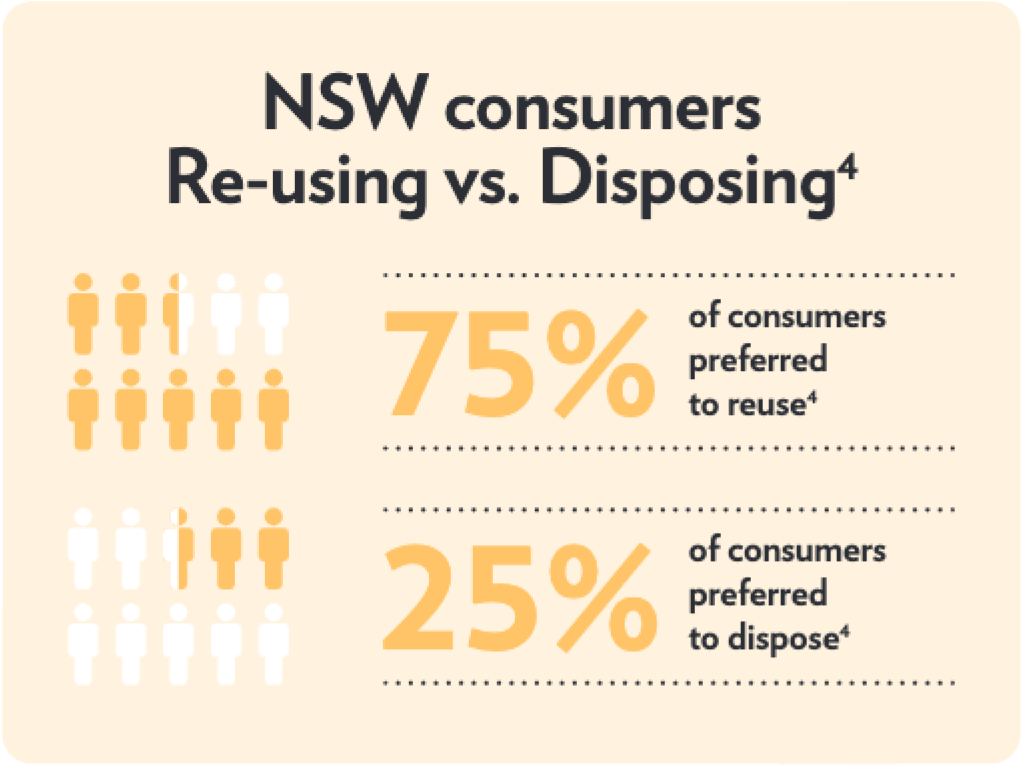Are Australians embracing a circular economy?
Sustainability is a core value for everyone at Feast Watson. A huge part of sustainability is minimising waste by championing recycling, upcycling and reuse. Some waste is easy to control — household goods, food and clothing — but other larger items, like furniture, can be more tricky. Working with Planet Ark, we’ve uncovered what happens to furniture at the end of its life, and whether Aussies are embracing the circular economy.
Are Australians embracing a circular economy?
Sustainability is a core value for everyone at Feast Watson. A huge part of sustainability is minimising waste by championing recycling, upcycling and reuse. Some waste is easy to control — household goods, food and clothing — but other larger items, like furniture, can be more tricky. Working with Planet Ark, we’ve uncovered what happens to furniture at the end of its life, and whether Aussies are embracing the circular economy.
What is a circular economy
A circular economy is an economic framework built on the principles of designing products that can be circulated from owner to owner, retaining their value while minimising waste and pollution. It’s a sustainable approach that encourages purchase of higher quality, “timeless” items designed to last, rather than cycling through cheaper items that need to be replaced more often due to their lower quality or seasonality. The aim of this movement is to support global initiatives to move toward net zero emissions.
Disposal of furniture
Small and large furniture can be difficult to dispose of, whether broken or out of use. From Planet Ark’s findings, we learned that small furniture is more likely to be reused, commonly via online sales, gifted to friends or family, or left for kerbside pickup.
Larger furniture items are typically sold online as a first effort to reuse, similarly offered to friends or family, kerbside pickups or charity shops.
Online marketplaces
Buying, swapping and selling used and second hand furniture is now easier than ever thanks to online marketplaces like Gumtree, eBay and Facebook Marketplace, that offer everyday consumers a simple and easy way to participate in a circular economy. In 2021 it was estimated that almost 90% of Australians had saved pre-loved items from going to landfill, choosing to instead sell or trade them. According to Planet Ark, this equates to over 110 million items saved from landfill, every year.
Popular reloved items
For Australians, the most popular items in the circular economy are second hand office furniture and dining tables, alongside general home decor and furniture items.
Get Reloving!
Do your part to participate in the circular economy. We’ve got plenty of simple DIY projects to help you get inspired to give new life to your pre-loved pieces, and get set to revamp, enhance and relove.
[4] Benchmarking, characterising and valuing resources in household bulky waste clean-up services. University of Wollongong 2020
